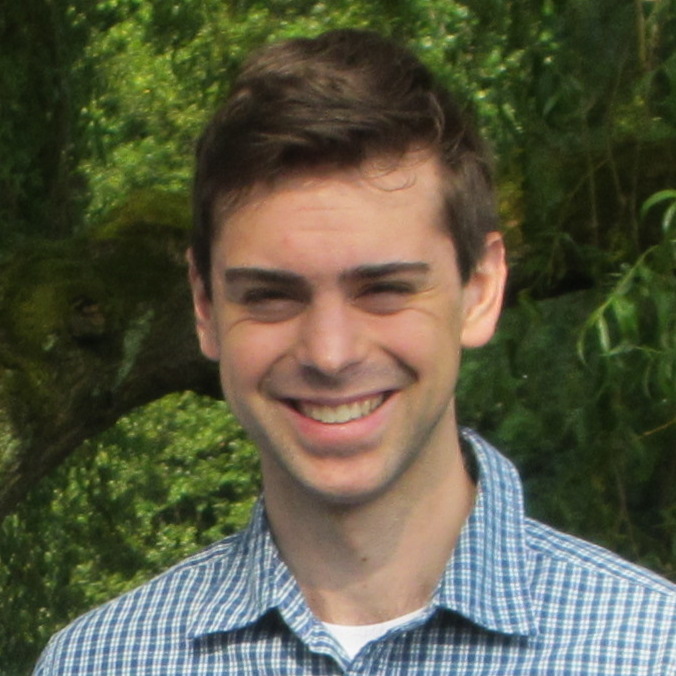
Patrick O'Reilly
I am a doctoral student in the Department of Computer Science at Northwestern University and a member of the Interactive Audio Lab. I received a BA in Mathematics and Music from Carleton College and an MS in Computer Science from the University of Illinois at Chicago. My research interests include content provenance for generative models, machine learning techniques for controllable audio generation, and music information retrieval.
News
Research Playlist
Patrick O’Reilly, Julia Barnett, Hugo Flores García, Annie Chu, Nathan Pruyne, Prem Seetharaman, Bryan Pardo
Paper (ISMIR 2025) · Abstract (ISMIR 2024 Late-Breaking Demo) · Project Page · Code · Copy BibTeX
Patrick O’Reilly, Zeyu Jin, Jiaqi Su, Bryan Pardo
Paper (ICLR 2025 Workshop on GenAI Watermarking) · Project Page · Copy BibTeX
Patrick O’Reilly, Prem Seetharaman, Jiaqi Su, Zeyu Jin, Bryan Pardo
Annie Chu, Patrick O’Reilly, Julia Barnett, Bryan Pardo
Patrick O’Reilly, Zeyu Jin, Jiaqi Su, Bryan Pardo
Hugo Flores García, Christodoulos Benetatos, Patrick O’Reilly, Aldo Aguilar, Zhiyao Duan, Bryan Pardo
Paper (NeurIPS 2023 MLCD Workshop) · Project Page · Code · Copy BibTeX
Patrick O'Reilly, Andreas Bugler, Keshav Bhandari, Max Morrison, Bryan Pardo
Paper (NeurIPS 2022) · Project Page · Video · Code · Copy BibTeX
Patrick O'Reilly, Pranjal Awasthi, Aravindan Vijayaraghavan, Bryan Pardo
Paper (ICASSP 2022) · Project Page · Talk @ BishBash · Code · Copy BibTeX
Ethan Manilow, Patrick O'Reilly, Prem Seetharaman, Bryan Pardo
Audio summaries generated by Google NotebookLM